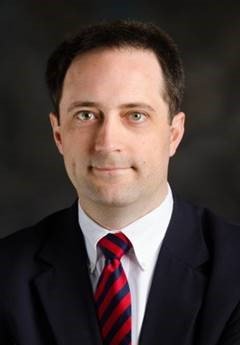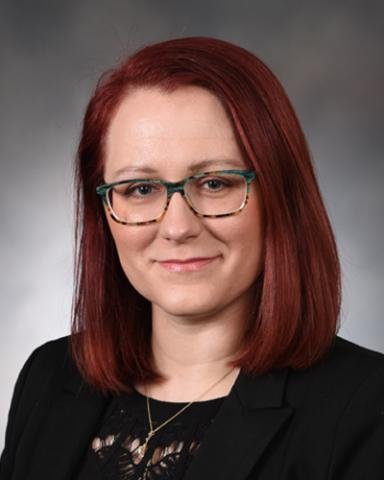
Welcome to the Kentucky Chapter Information
Join the chapter today
About Us
The Kentucky Chapter membership ensures the provision of high quality, evidence-based clinical practice, to strengthen the ethical code of practice for surgeons and to promote a healthy communication protocol amongst physicians. Chapters provide for a close association of their common effort to improve the quality of surgical care. ACS chapters plan to accomplish its objectives by establishing a solid organizational structure via the standard governance guidelines of the College, educating young surgeons and surgical residents, and giving a medium through which surgical experiences can be presented and discussed. Essentially, chapters will serve as the link between ACS members in the chapter and the American College of Surgeons in order to enhance chapter member’s relationships with the College.
Chapter Officers
-

Michael Egger, MD, FACS
President
(Louisville) -

Alexis Nickols, MD, FACS
President Elect
(Lexington) -

Alexander Hou, MD, FACS
Secretary/Treasurer
(Edgewood)
Administrative Director (Lexington)
Linda Silvestri
Governor at Large (Winchester)
Murielle Brohez, MD
Governor at Large (Louisville)
Alexandra Maki, MD, FACS
Committee on Cancer Chairman
Alan Mullins, MD, FACS (Owensboro)
Committee on Trauma Chairman
Andrew Bernard, MD, FACS (Lexington)
Young Fellows Representative
Jessica Reynolds, MD, FACS (Lexington)
Associate Fellows Representative
Ryne Marshall, MD (Louisville)
Councilors
Mautin Barry-Hundeyin (Lexington)
Dan Davis, MD, FACS (Bowling Green)
Duane Densler, MD, FACS (Lousiville)
Sandy Kavalukas, MD, FACS (Louisville)
Nate Liu, MD, FACS (Louisville)
Mansi Shah (Lexington)
Crystal Totten (Lexington)
Tiffany Wright (Louisville)
Zachary Glenn, MD (Erlanger)
Joe Muradov, MD (Madisonville)
Stop the Bleed
Massive bleeding from any cause, but particularly from an active shooter or explosive event where a response is delayed can result in death. Similar to how the general public learns and performs CPR, the public must learn proper bleeding control techniques, including how to use their hands, dressings, and tourniquets. Victims can quickly die from uncontrolled bleeding, within five to 10 minutes.
ACS Communities
Ask or answer questions with your colleagues in the ACS Member Communities.




